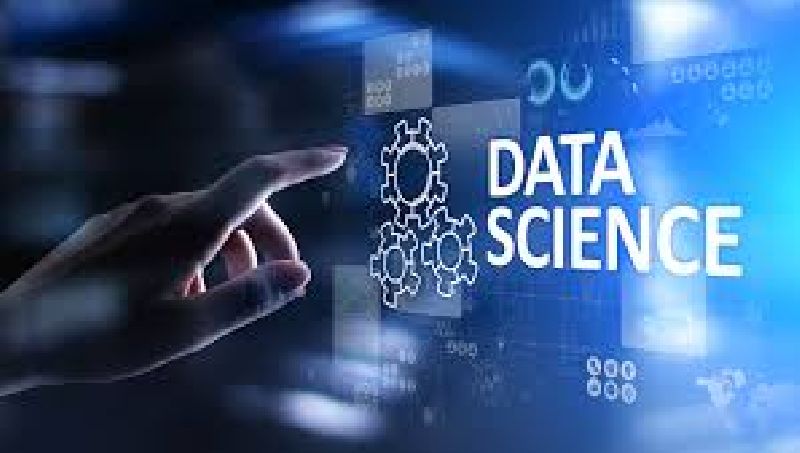To start learning Python programming, here are some basic requirements:
- Basic Computer Knowledge: Understanding how to navigate your operating system, using a text editor, and installing software packages is essential.
- Access to Python: Install Python (from python.org) and an Integrated Development Environment (IDE) like PyCharm or Visual Studio Code to write and run your code.
- Problem-Solving Mindset: An analytical approach to breaking down problems into smaller steps that can be translated into code.
